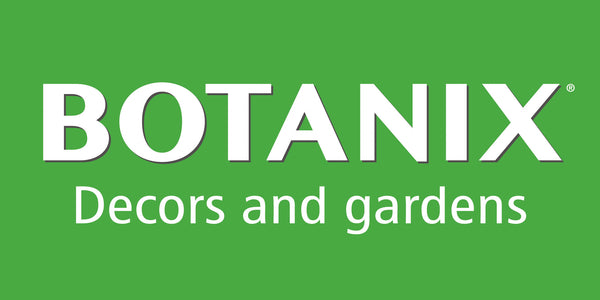
Finding insects or mites on our plants is an annoyance every gardening enthusiast or indoor plant lover has likely encountered. These pests, often persistent, can turn our growing efforts into a real battle. Faced with the scale of the task, many gardeners turn to chemical insecticides. While these products might seem to offer a quick fix, they aren't always the wisest choice, and their use can create more problems than it solves in the long run.
The Limitations and Risks of Traditional Chemical Treatments
It's essential to understand that a high level of toxicity in a pesticide doesn't necessarily mean greater effectiveness. Contact insecticides, including black soap or horticultural oils, certainly eliminate insects they directly touch. However, the main difficulty lies in reaching all the pests, without exception, including those well hidden. Thus, the primary challenge isn't so much the strength of the chosen product as the quality and thoroughness of the treatment coverage. Partial application often leads to recurrences.
Furthermore, synthetic chemical insecticides can pose significant risks to human health, your pets, and the delicate balance of our environment. Aware of these dangers, some governments, like Quebec's, have recently tightened control measures, even removing dozens of previously over-the-counter pesticides from store shelves. This regulatory shift highlights the urgent need to turn to safer, more sustainable alternatives for plant protection.
Biological Control: The Smart and Nature-Friendly Alternative
Fortunately, an effective and environmentally friendly solution exists: biological control. This fascinating and natural principle involves using the natural enemies of insect pests—true living allies—to control their populations and eliminate them. These beneficial organisms, such as predatory mites (e.g., Phytoseiulus persimilis against spider mites), entomopathogenic nematodes (microscopic worms that parasitize soil-dwelling insect larvae), or parasitoid micro-wasps (which lay their eggs in aphids or whiteflies), are specifically chosen for their ability to exclusively target pests and even find the best-hidden individuals.
One of the major advantages of biological control is its complete safety for your plants, yourself, your children, and your pets. Better still, many of these beneficials can be introduced directly inside your home or in your garden. There's no risk of uncontrolled proliferation or long-term establishment: these specialized predators depend on the presence of their prey to survive. They naturally disappear once their job is done and their food source is depleted, leaving healthy plants behind.
How to Implement Biological Control Effectively
The key to success in biological control lies in a targeted and methodical approach:
- Precise pest identification: The first, absolutely crucial step is to correctly identify the insect or mite pest you're dealing with. Misidentification can lead to choosing an ineffective biological control agent.
- Choosing the right biological control agent: Once the pest is identified, you need to select the most appropriate natural enemy. Several options may be available. The optimal choice will depend on your specific situation: plant type, environment (indoors, greenhouse, vegetable garden, hydroponics), infestation level, and even ambient temperature.
- Application conditions: Carefully follow the instructions for introducing the beneficials. Some prefer higher humidity, others a specific temperature range for optimal activity. Applying them at the right time and under the right conditions maximizes their chances of success.
- Patience and observation: Biological control usually isn't instantaneous like a chemical treatment. Give the predators time to establish themselves and get to work. Regularly observe how the situation evolves.
For example, some products are recommended as a curative treatment for high infestation levels, while others, like ladybugs for aphids or micro-wasps for whiteflies, are preferred in enclosed environments such as greenhouses, sunrooms, and grow tents.
Where to Find These Precious Allies for Your Plants
Botanix garden centres are proud to present their new portal dedicated to biological control. This online resource was created in collaboration with Lady Bug Phytoprotection, a Quebec company specializing in biological control solutions for home and garden. On this portal, you'll discover a wealth of information, descriptive sheets on major pests and their natural enemies, as well as step-by-step user guides to help you effectively and ecologically treat your plants. Natural predators are easily accessible through home delivery or free pickup at participating Botanix stores.
Next time unwanted visitors show up on your plants, don't automatically reach for chemicals. Choose nature's intelligence. Try biological control and let experts guide you towards healthier, environmentally friendly, and sustainable gardening solutions!







